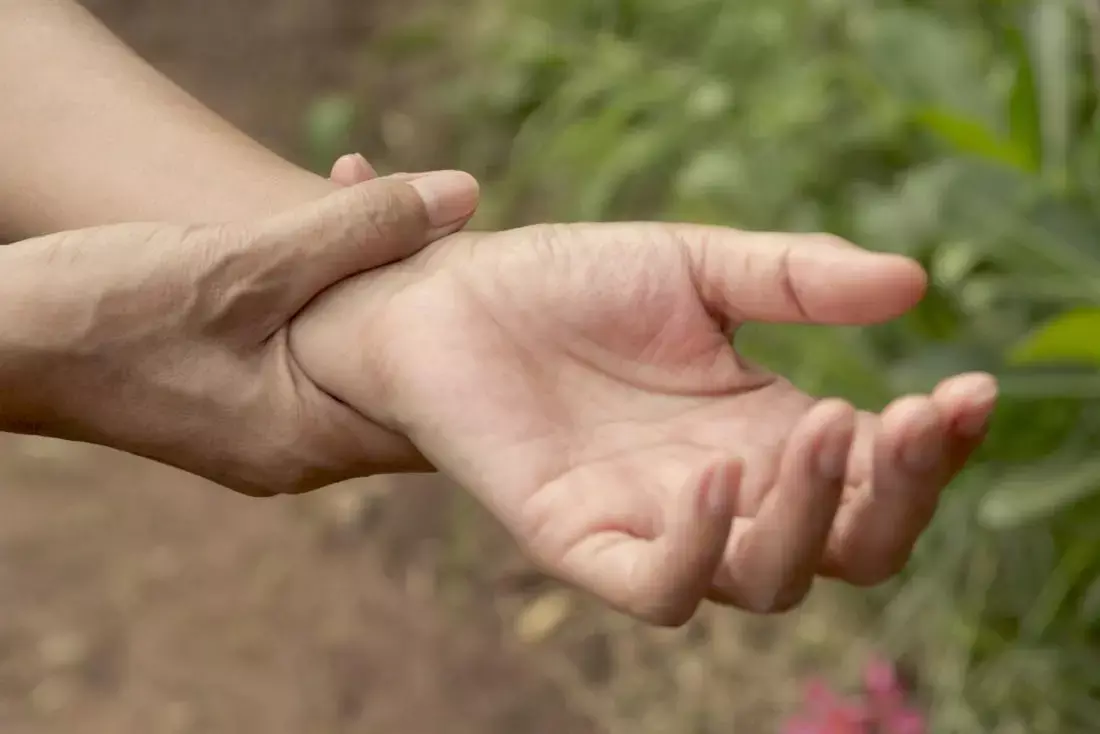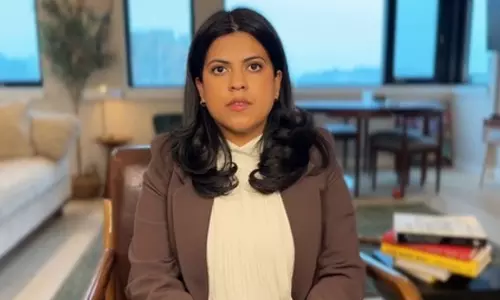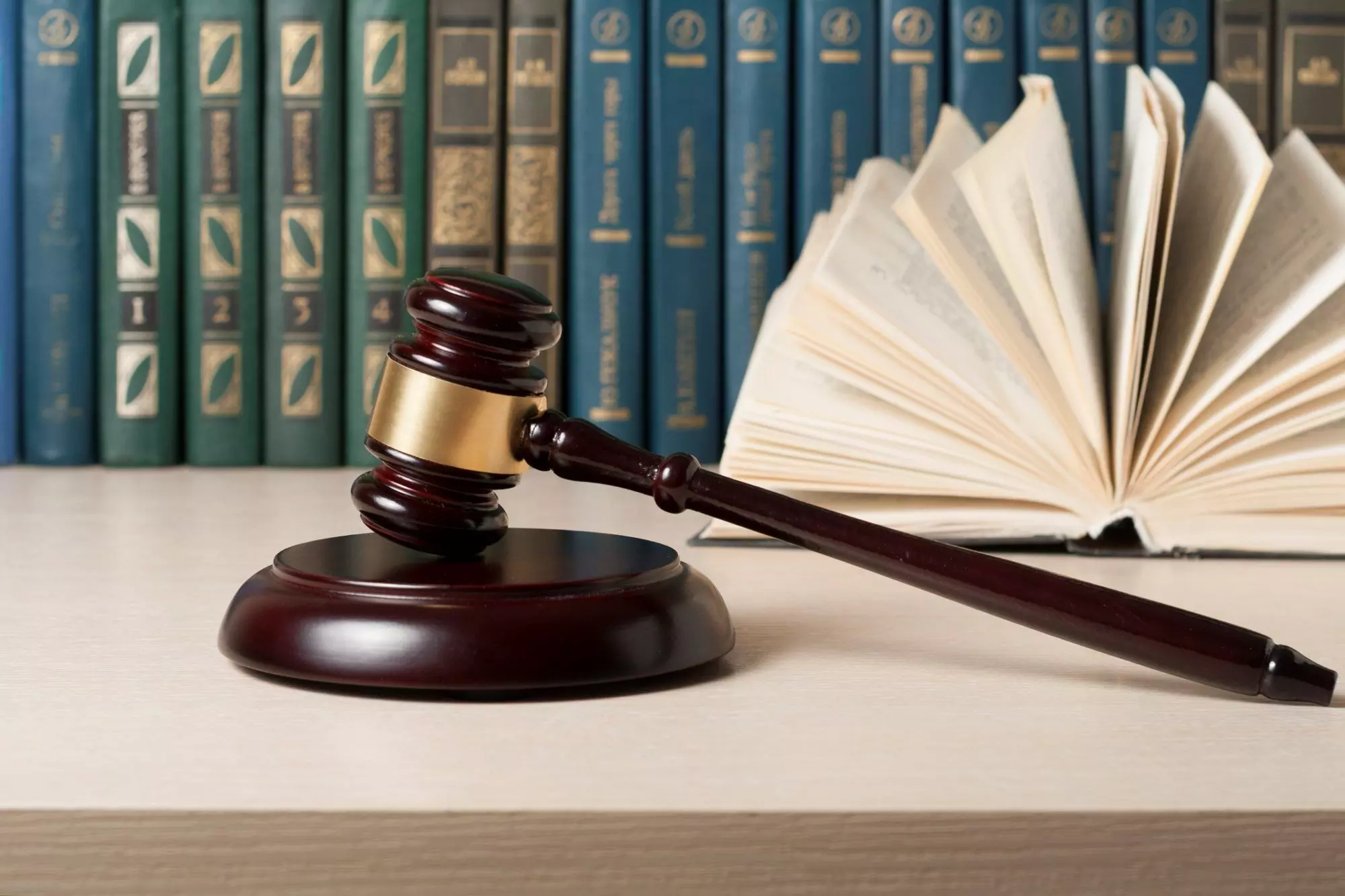
Judiciary that craves for more cleansing
text_fieldsMany have shared the observation that the Indian judiciary, after an interregnum of losing its strength, has recaptured its independence and prestige. Positions taken by Justice NV Ramana since he assumed charge as Chief Justice, do validate this observation. Several recent judgements and court observations also have helped brighten the face of justice, which had suffered distortions by precedents of certain former judges, who showed subservience to the executive and enjoyed privileges offered by the government. These good signs remaining as they are, there are a few key areas where the judiciary' introspection is still called for.
They are and should be done by a judiciary that fulfills its constitutional obligations with will and justice. The shortcomings of the collegium system need to be rectified. Democracy requires transparency in all spheres. However, the collegium system is not a good model in appointments and transfers. That system needs to be restructured. Another is that the police and the state effectively exercise the power of the judiciary in relation to bail in case proceedings. There have been two recent incidents that demonstrate the lack of transparency in the functioning of the collegium.One, in 2019, when Ranjan Gogoi was the Chief Justice; The other, which recently took place under the leadership of Justice Ramana himself. In September 2019, Justice Vijaya Tahilramani and now Justice Sanjeev Banerjee were transferred. Both were transferred from the post of Chief Justice of the Madras High Court to the post of Chief Justice of the Meghalaya High Court. Although there is no difference in status between any two high courts, the transition from a 75-judge leadership to a four-judge leadership is perceived as degrading. Tahilramani had opposed the collegium's recommendation to appoint two lawyers who were practising in the Madras High Court as judges. Legal circles saw her relocation as punishment for that - and the collegium offered no further explanation. Justice Tahilramani, who was transferred resigned on the basis of principle. Neither the collegium nor the Chief Justice has explained the case of Sanjeev Banerjee, who has now been transferred; Justice Sanjeev's harsh remarks against the Election Commission are believed to be the real reason. Doesn't this send a message to the judges that it is not right to demand a responsible approach from the state and constitutional institutions? The organisation, named 'Campaign for Judicial Accountability and Reform' has demanded that this transfer be repealed.
Another area that calls for the attention of Justice Ramana, who used to remind about the difference between rule of law and rule by law, is the practice of police capitalising on the loopholes of law and the delay in judicial procedures to put innocents for years in jail without even any room for securing bail. Last March, a Gujarat court acquitted 127 people, including Muslim scholars and activists, after 19 years of trial. Five have already died. They were sentenced to a few years in prison for two decades and was released on bail after being charged with felony criminal mischief. Since bail is denied only because a UAPA case has been filed, the police can 'punish' anyone by imposing that section. Those who are detained due to the 'verdict' of the police and those who die there should be given immediate consideration by the court. Justice Lokur, who retired from the Supreme Court, points out that no one was held responsible for the denial of constitutionally guaranteed fundamental rights to six people who were acquitted by the Rajasthan High Court after 23 years in jail without bail or parole. It has come to light that it is easy for the police to ruin anyone's life by making a false case. Another problem is the racial discrimination in granting bail. There are many examples of community-based approving or opposing of bail applications by the police. Here too the court is only a spectator. The Supreme Court is considering granting bail to those who have been in jail for a long time; Police fraud should also be examined in determining bail. The country hopes that the Supreme Court will be able to regain the status of an independent judiciary.






















